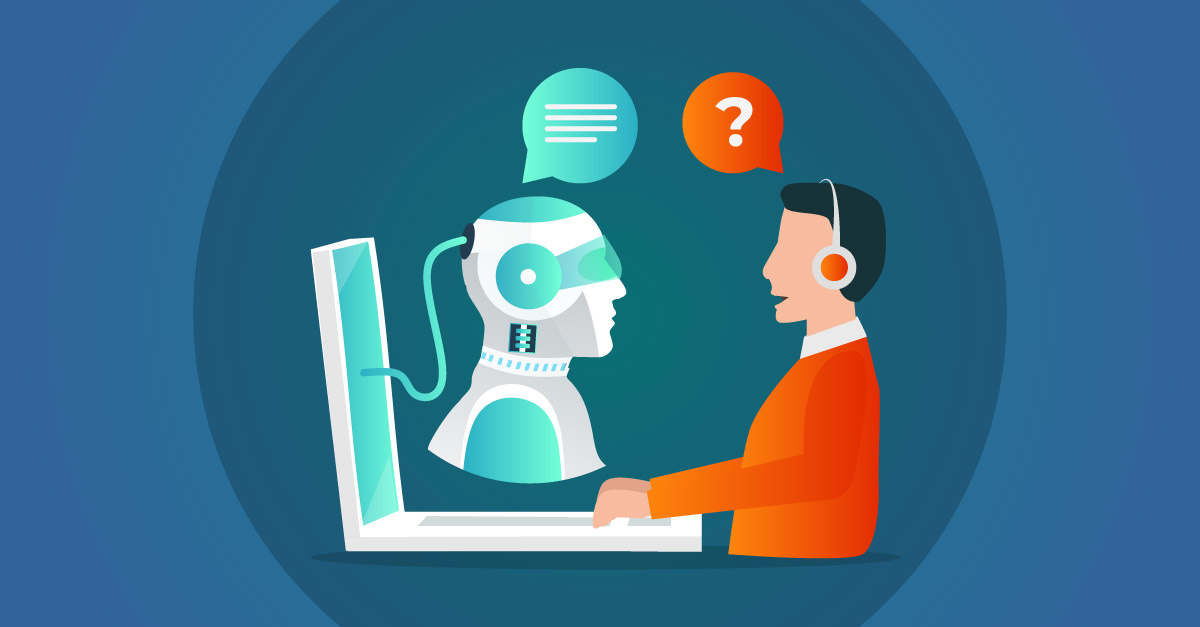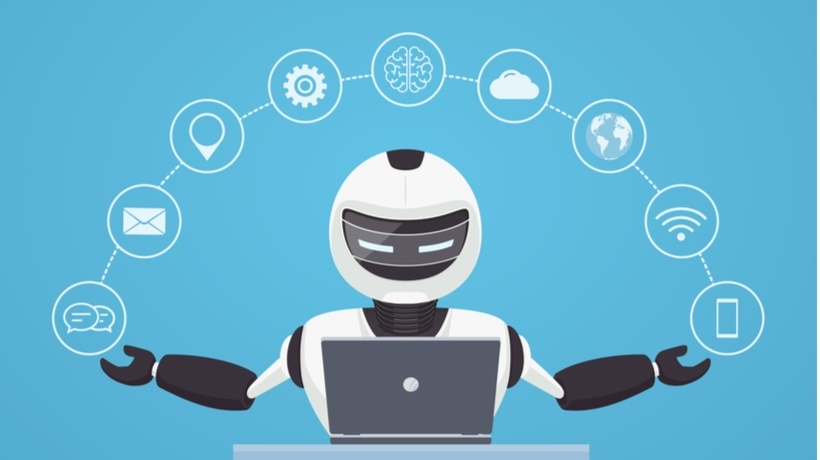AI's Role in Future Business: Forecasts and Preparations
This article delves into the future of AI in business, highlighting its potential impacts, the need for exploration, and the importance of preparing for AI-driven changes.
Author
EZ-AIAI's Role in Future Business: Forecasts and Preparations
Introduction
The year 2023 has seen an unprecedented surge in the utilization of Artificial Intelligence (AI). From fledgling businesses incorporating AI into their operations to teenagers engaging with advanced bots on their mobile devices, and even lawyers exploring the use of AI for legal research, it's evident that AI has permeated every facet of our lives.
Over the past few years, I've been closely monitoring the evolution of AI. While the progress has been remarkable, there's still a long journey ahead for this technology. Here are some of my forecasts for the future of AI and suggestions on how your business can gear up for these changes.
AI's Capabilities Will Continue to Be Explored
The use of AI for legal research serves as a cautionary tale about the dangers of relying on AI without verifying its results. However, it also highlights a significant trend: individuals beyond the tech hubs are experimenting with AI to discover its potential.
As more people start to experiment with this emerging technology to understand its strengths and limitations, the creators of these technologies will gain insights into areas that need enhancement. However, it's crucial to tread carefully during this exploratory phase. Seek innovative ways to incorporate AI, but avoid exposing yourself or your clients to unnecessary risks. Stay updated with evolving laws, particularly those related to intellectual property and copyright, to ensure that you and your clients remain compliant with industry regulations.
Our Understanding of AI Will Deepen
As we push the boundaries of AI, we're likely to develop a more profound understanding of its capabilities. Over time, I anticipate that the notion of AI replacing humans will be discarded.
Indeed, AI will assume some tasks currently performed by humans. This is a common trend with every new technology. However, history has shown that when technology takes over a task from a human, it creates new job opportunities for humans. Whether it's humans overseeing AI, creatively collaborating with AI, or guiding an AI's actions, we're not going to become obsolete in an AI-driven world.
Before we can start creating these new roles and training people for them, we need to fully comprehend AI's capabilities. Consider exploring continuing education opportunities for you and your team that focus on building with and leveraging AI technology.
More Opportunities for Human-AI Collaboration Will Emerge
We're already witnessing the development of collaborative tools for AI and humans. Earlier this year, Sudowrite introduced Story Engine, a collaborative writing tool that doesn't just write from prompts but aids writers in brainstorming ideas, refining passages, and enhancing their writing projects. Notion AI raises the bar as an automated assistant that can facilitate creative collaboration.
AI tools like these can help businesses streamline and enhance productivity by automating mundane and repetitive tasks. However, these tools can appear intimidating to those unfamiliar with them.
When training your team to use AI applications, don't solely rely on instructions and tutorials to assist new employees. Instead, designate experts to guide people through any issues they encounter.
Data Analytics Will Evolve
As we gain a better understanding of AI's business applications, I believe we'll devise new methods to capture and analyze data. With AI scrutinizing workflow, for example, we can gain a deeper understanding of how our teams operate.
By collecting data through embedded AI, we can get a comprehensive view of how consumers interact with our products and services.
In line with the human-AI collaboration we'll see in other areas, AI could assist us in interpreting this new data.
Data Security Will Strengthen
Just as AI can aid us in gathering and sorting data more efficiently, it could also help us identify vulnerabilities and enhance data security. AI can assess network capabilities faster than a human, so I foresee AI playing a crucial role in how we secure networks, databases, and our personal information.
However, AI isn't flawless, and it lacks the creativity inherent in the human mind. I expect that human creativity will play a key role in directing AI security.
Content Will Be Created With AI In Mind
Just as we create content with SEO in mind, I predict we will start crafting content based on how AI tools like ChatGPT and search-integrated AI on platforms like Bing and Google interpret and learn from text and images.
The objective? Quite straightforward: to get AI to promote your brand, products, and services to everyday AI users. This will necessitate a renewed emphasis on eliminating ambiguity from writing and a focus on alt text beyond accessibility.
Exercise caution when implementing these changes. In the early days of the internet, unscrupulous web designers often stuffed irrelevant keywords into their websites' metadata to boost their search engine ranking. When search engines started ignoring irrelevant metadata, keyword stuffing became a problem.
We might witness a similar overemphasis on performance for AI reading, at the expense of engaging content.
As you contemplate how AI will interpret your content, remember that real people will be reading it too.
Ethical Guidelines and Regulations for AI Will Be Established
The proliferation of AI has brought numerous ethical issues to the forefront. While some concerns may be exaggerated, others are not only legitimate but require immediate attention.
As our understanding of AI stabilizes, I believe we'll see the ethical issues surrounding AI become a focal point, and we'll likely witness the introduction of much-needed regulation. These regulations may aim to protect creators from having their work used in AI learning without their consent. They may also focus on how businesses can use AI tools, which we should leverage to enhance AI-human collaboration.
Conclusion
In conclusion, the rise of AI is an undeniable reality of our times. Its potential to revolutionize various aspects of our lives and businesses is immense. However, as we continue to explore and understand this technology, it's crucial to approach it with a sense of caution and responsibility.
The future of AI is promising, and with the right approach, businesses can harness its power to drive growth and innovation.



